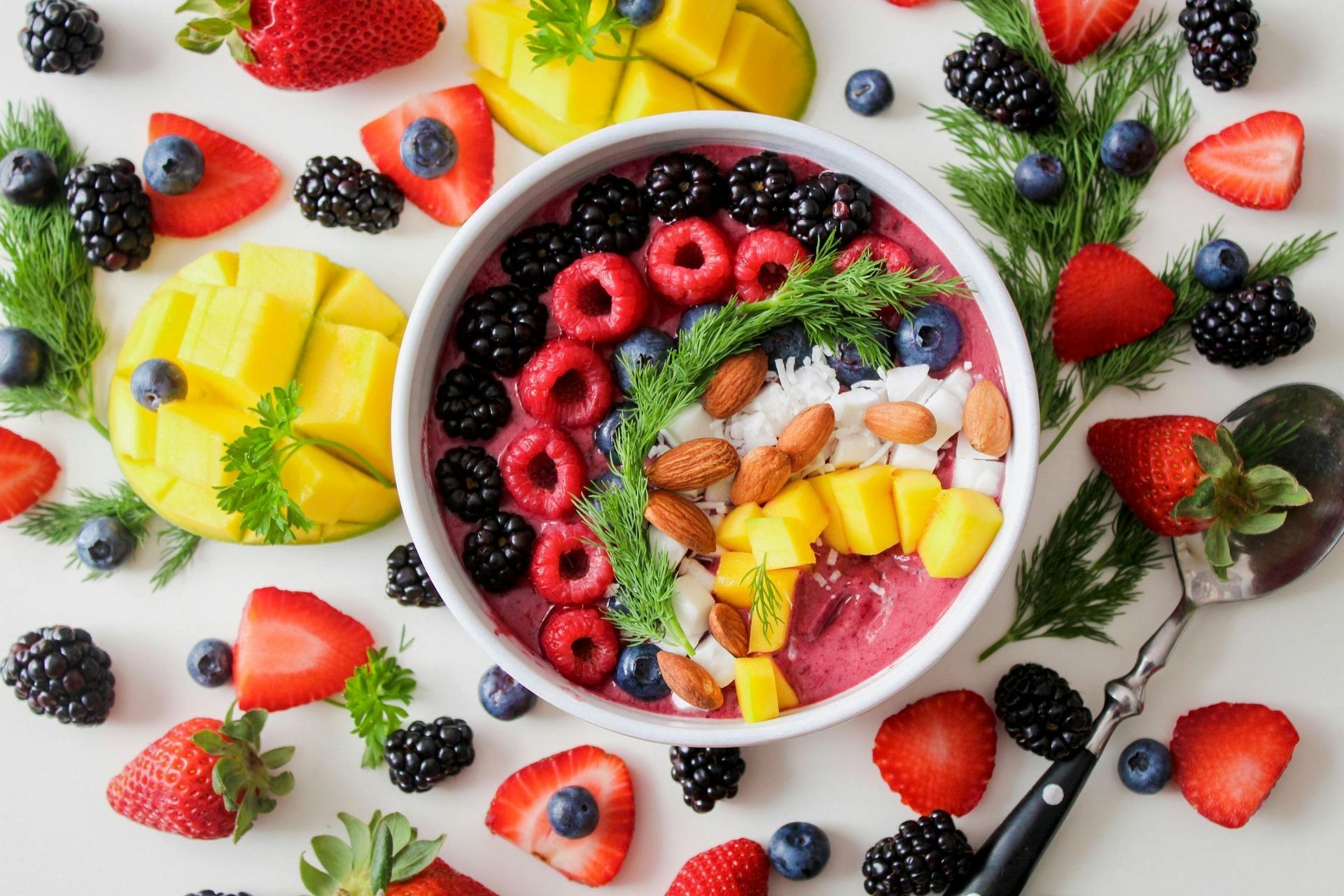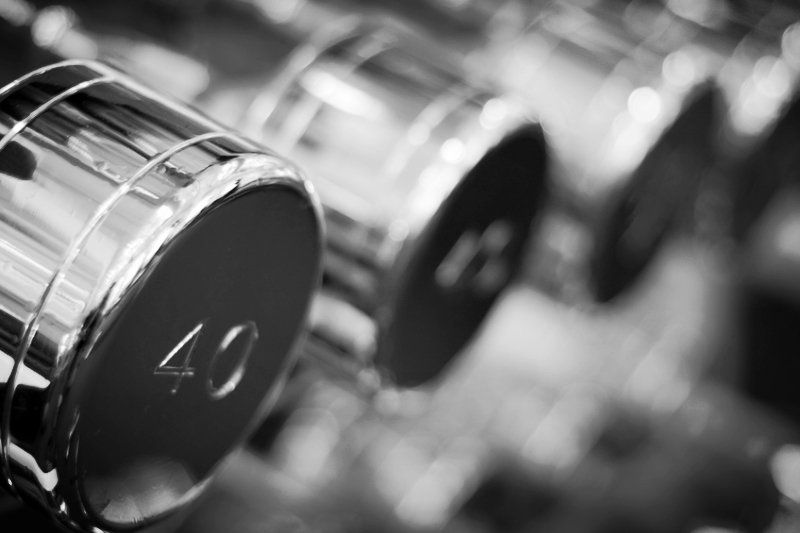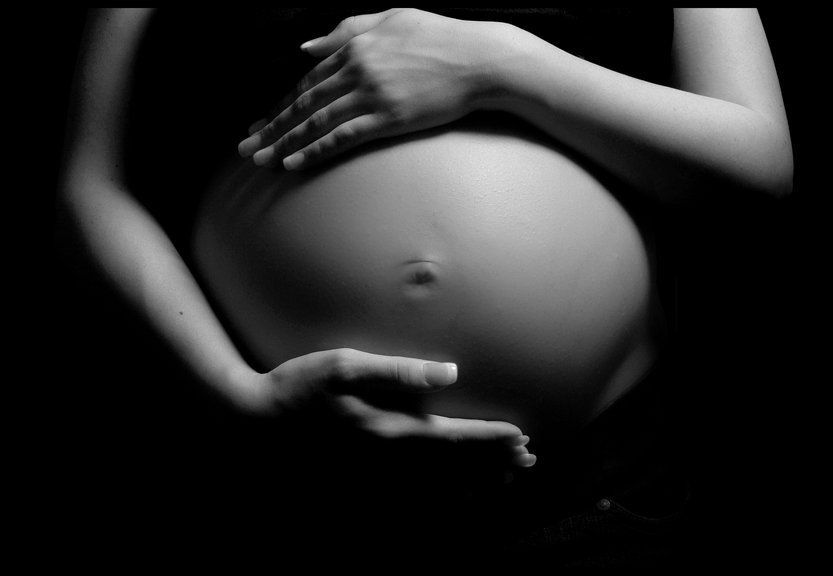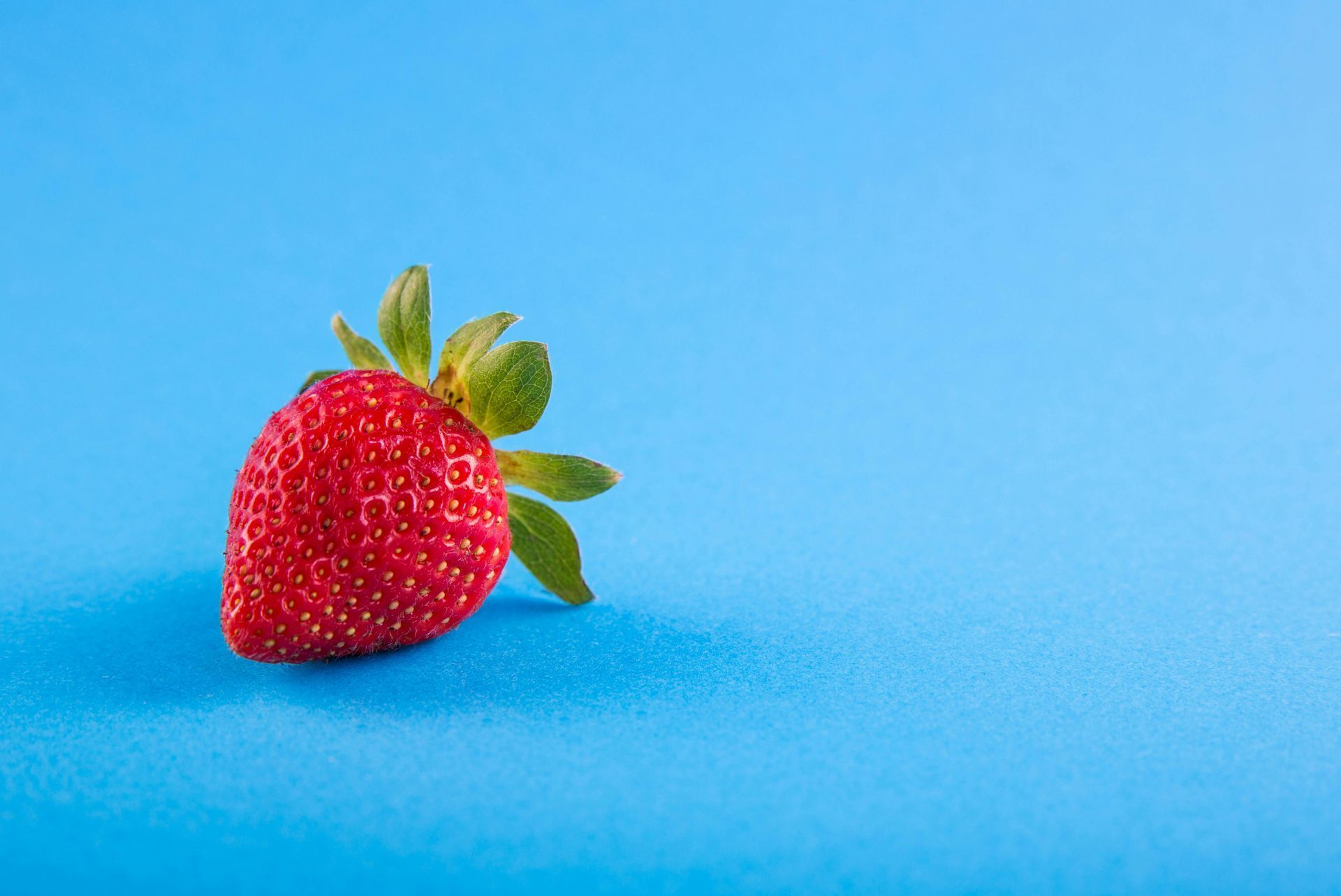Postpartum Nutrition: Eating Right to Support Recovery and Milk Production
Proper nutrition plays a crucial role in a mother’s postpartum recovery and the production of healthy breast milk. After giving birth, your body needs adequate nutrients to heal, regain strength, and provide nourishment for your baby. As a trainer I emphasize the importance of a balanced diet to support both recovery and the unique nutritional needs of breastfeeding mothers.
Key Nutrients for Postpartum Recovery and Lactation
- Protein
Why It’s Important: Protein is essential for repairing tissues, rebuilding muscle strength, and supporting overall healing after childbirth. It is also vital for producing breast milk. Sources: Lean meats, poultry, fish, eggs, dairy products, beans, lentils, nuts, and seeds.
- Calcium
Why It’s Important: Calcium is crucial for maintaining strong bones and teeth, especially since breastfeeding can deplete calcium reserves. It is also essential for your baby’s bone development. Sources: Dairy products (milk, yogurt, cheese), fortified plant-based milk (almond, soy), leafy green vegetables, tofu, and almonds.
- Iron
Why It’s Important: Iron helps replenish red blood cells, which can be lost during childbirth. It also supports energy levels and helps prevent postpartum anemia. Sources: Lean red meat, poultry, fish, beans, lentils, spinach, and iron-fortified cereals.
- Omega-3 Fatty Acids
Why It’s Important: Omega-3s, particularly DHA, are important for brain health, mood regulation, and the development of your baby’s brain and eyes if you are breastfeeding. Sources: Fatty fish (like salmon and sardines), walnuts, flaxseeds, chia seeds, and omega-3 fortified eggs.
- Fiber
Why It’s Important: High-fiber foods aid digestion, prevent constipation, and help maintain healthy blood sugar levels, which can fluctuate after giving birth. Sources: Whole grains (brown rice, oats, quinoa), fruits, vegetables, beans, and legumes.
- Vitamin D
Why It’s Important: Vitamin D aids calcium absorption and supports bone health for both mother and baby. It also plays a role in immune function. Sources: Sun exposure, fatty fish, fortified dairy or plant-based milk, and egg yolks.
- Hydration
Why It’s Important: Staying hydrated is essential for milk production, maintaining energy levels, and overall health. Breastfeeding mothers should aim for an extra 700 ml (about 3 cups) of fluid per day. Sources: Water, herbal teas, soups, and water-rich foods like fruits and vegetables.
Sample Meal Plan for Postpartum Nutrition
- Breakfast : Oatmeal with Berries and Almonds
Ingredients : Rolled oats, fresh berries (blueberries, strawberries), a handful of almonds, a drizzle of honey, and a splash of milk or plant-based milk. Benefits : Provides fiber, protein, healthy fats, and antioxidants to support energy levels and milk production.
- Mid-Morning Snack : Greek Yogurt with Honey and Chia Seeds
Ingredients : Greek yogurt, a teaspoon of honey, and a sprinkle of chia seeds. Benefits : Rich in protein, calcium, and omega-3s to aid in muscle recovery and support bone health.
- Lunch : Grilled Chicken Salad with Quinoa and Avocado
Ingredients : Grilled chicken breast, mixed greens, cooked quinoa, sliced avocado, cherry tomatoes, and a lemon vinaigrette dressing.Benefits : Packed with protein, fiber, healthy fats, and essential vitamins for recovery and sustained energy.
- Afternoon Snack : Hummus with Carrot and Cucumber Sticks
Ingredients : Homemade or store-bought hummus, carrot sticks, and cucumber sticks.Benefits : Provides fiber, protein, and healthy fats to keep you full between meals.
- Dinner : Baked Salmon with Sweet Potato and Asparagus
Ingredients : Salmon fillet, sweet potatoes, asparagus, olive oil, and herbs (like dill or parsley). Benefits : Rich in omega-3s, vitamins, and minerals to support milk production and overall health.
- Dessert : Fresh Fruit Salad with a Dollop of Yogurt
Ingredients : Mixed fresh fruits (like kiwi, mango, berries), and a spoonful of plain yogurt.Benefits : Provides hydration, vitamins, and a touch of natural sweetness to end your day.
Tips for Maintaining a Balanced Postpartum Diet
- Eat Small, Frequent Meals: Aim for 5-6 small meals a day to keep your energy levels steady and support milk production.
- Prioritize Nutrient-Dense Foods: Focus on whole foods that are rich in essential nutrients to promote healing and sustain energy.
- Stay Hydrated: Drink plenty of water throughout the day, especially if breastfeeding, to maintain milk supply and overall health.
- Include a Variety of Foods: Eating a wide range of foods ensures you and your baby get all the necessary nutrients.
- Listen to Your Body : Pay attention to hunger and fullness cues, and don’t be afraid to eat more or less depending on how you feel.
How I can Support Your Postpartum Nutrition
I recognize that every new mom’s nutritional needs are unique. I offer personalized meal planning and nutrition guidance to support your postpartum recovery and breastfeeding journey. I help you find simple, delicious ways to nourish yourself and your baby.
Contact Me Today!
Schedule a free consultation to learn more about my postpartum nutrition support services and how I can help you thrive during this special time.



















